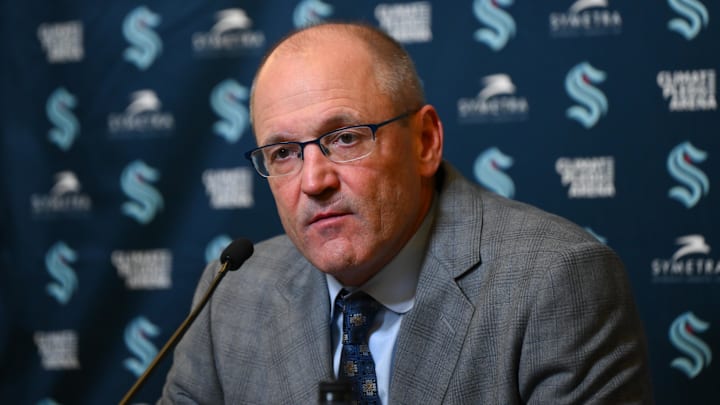Seattle’s front office pointed to “unmet organizational expectations” in a brief statement, but the numbers speak loudly: the Kraken finished 35‑41‑6, 20 points shy of the final Western Conference wild‑card spot and five wins below last year’s total. Bylsma’s tenure never gained sustained momentum; the club alternated flashes of cohesion with dispiriting lapses, particularly during a 4‑11‑3 March slide that erased any faint playoff hopes.
Yet the decision still feels abrupt. Bylsma earned his developmental reputation by steering the AHL’s Coachella Valley Firebirds to back‑to‑back Calder Cup Final appearances, and several young Kraken—including Shane Wright, Jani Nyman, and Ryker Evans—spoke during the season about the trust he showed in them. External evaluators likewise noted the prospect pipeline looked deeper than it had a year earlier. That progress, paired with Bylsma’s strong locker‑room rapport, made a longer leash seem likely.
Front office dominoes
Multiple outlets report that general manager Ron Francis will transition upstairs as team president, with assistant GM Jason Botterill poised to assume the GM chair. If confirmed, Seattle’s top hockey operations jobs will have turned over in tandem, underscoring ownership’s urgency to chart a clearer identity after four uneven seasons.
In addition to a head coaching change with Dan Bylsma fired, there is no shortage of speculation in league circles that #SeaKraken GM Ron Francis will move to another front office position and assistant GM Jason Botterill will be promoted to GM.
— Frank Seravalli (@frank_seravalli) April 21, 2025
We'll see.
An immediate coaching shortlist did not surface, but league insiders expect Seattle to look beyond internal candidates this time after last summer’s in‑house promotion. Potential veteran options could include Gerard Gallant and Craig Berube, while up‑and‑coming assistants such as Jay Leach (Boston) or Ryan Warsofsky (San Jose) might receive calls.
Why the shake‑Up Now?
At this point, the Kraken have offered no detailed rationale for the move. Neither majority owner Samantha Holloway nor general manager Ron Francis has addressed reporters since the announcement, and the club’s brief statement cited only “organizational direction.” A press conference is expected later this week, and until Francis lays out his thinking, the reasons behind Bylsma’s abrupt dismissal remain behind closed doors.
Even so, firing another coach so quickly raises questions about organizational patience. Three head coaches in five seasons is the sort of churn typical of long‑struggling expansion teams, not budding contenders. If the next bench boss cannot extract immediate gains, attention will shift sharply to the roster architects now tasked with finding a stylistic match, reshaping a stalled offense, and nailing the upcoming draft with a likely top‑five pick.
The road ahead
Seattle insists the search will be “comprehensive,” signaling a willingness to wait until after the Stanley Cup Playoffs to interview candidates still employed elsewhere. In the meantime, Bylsma departs with a 129-73-24 overall record in the Kraken organization—dominant in Palm Desert, frustrating in Seattle—evidence that coaching success in the AHL does not always translate in the big league. Whether this move proves visionary or hasty will hinge on the sequel. For Kraken fans weary of annual resets, the next hire needs to bring both tactical clarity and lasting stability—something the franchise has yet to discover in its short but eventful history.
